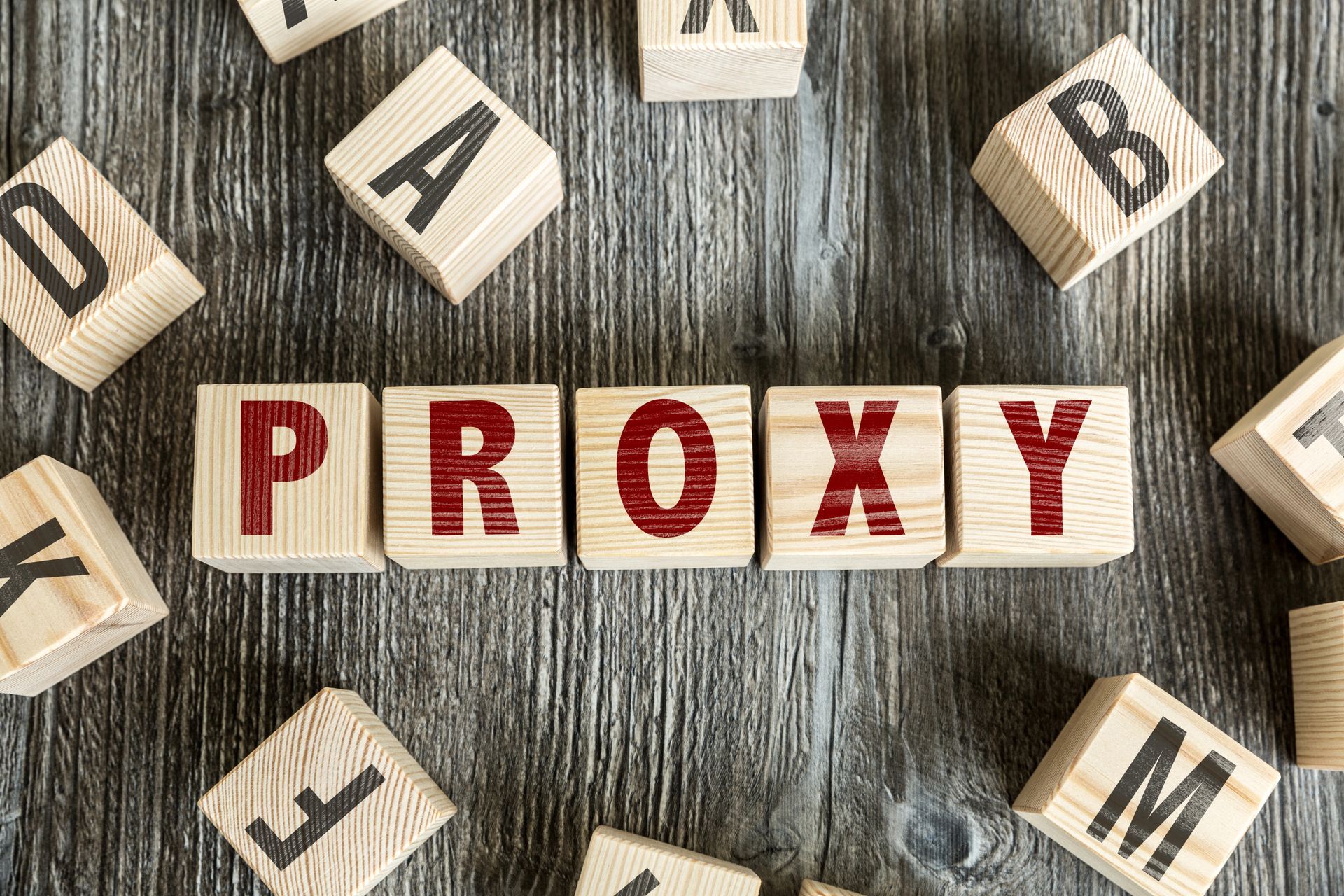Your Guide to Choosing the Executor or Executrix for Your Estate
A Comprehensive Overview

Choosing an executor or executrix for your estate is a crucial decision in the estate planning process. These individuals play a vital role in ensuring your wishes are carried out smoothly after you're gone.
But who should you entrust with such an important responsibility? In this guide, we'll explore the qualities to look for in a suitable executor or executrix and shed light on the duties they perform.
Part I: Duties of an Executor or Executrix:
Before delving into the qualities of an ideal executor or executrix, it's essential to understand the duties they'll be responsible for. Executors are tasked with managing the administration of your estate, while executrices fulfill the same role but with the feminine form of the title.
1. Gathering and Managing Assets: Executors are responsible for locating and gathering all assets belonging to the estate. This includes bank accounts, real estate, investments, personal belongings, and more.
For example, if the deceased owned multiple properties, the executor would need to coordinate with real estate agents to assess their value and prepare them for sale or transfer to beneficiaries.
2. Paying Debts and Expenses:
Executors must identify and pay off any outstanding debts owed by the deceased, including funeral expenses, taxes, and outstanding bills. This might involve contacting creditors, banks, and other financial institutions to settle outstanding accounts.
For instance, if the deceased had a mortgage, the executor would be responsible for coordinating the sale of the property to pay off the remaining loan balance.
3. Distributing Assets:
After debts are paid, the executor is responsible for distributing the remaining assets according to the instructions outlined in the deceased's will. This may involve transferring property titles, distributing funds to beneficiaries, or overseeing the sale of assets.
For example, if the deceased left specific bequests to family members or charitable organizations, the executor would ensure that these assets are distributed accordingly.
Looking to assign a charity as one of your beneficiaries? Check out our informational
blog here to learn what it takes.
4. Handling Legal Matters: Executors are required to navigate various legal processes, including filing the deceased's final tax returns, obtaining necessary court approvals, and representing the estate in legal proceedings if necessary.
For instance, if there is a dispute among beneficiaries or creditors regarding the distribution of assets, the executor may need to seek resolution through mediation or litigation.
5. Managing Estate Finances: Executors must maintain accurate records of all financial transactions related to the estate, including income, expenses, and distributions. They may need to open a separate bank account for the estate and obtain an employer identification number (EIN) from the Internal Revenue Service (IRS) for tax purposes. Additionally, executors must invest estate funds prudently to preserve and grow the estate's assets for the benefit of beneficiaries.
Part II: Qualities to Look for in an Executor or Executrix:
Now that we understand the critical duties of an executor or executrix, let's explore the qualities that make someone suitable for this role:
1. Trustworthiness: Above all else, your executor should be someone you trust implicitly. They will have access to sensitive financial information and be responsible for carrying out your final wishes. Choose someone who has demonstrated honesty and integrity in their personal and professional life.
2. Organizational Skills: Managing an estate requires strong organizational skills to keep track of assets, debts, and legal documents. Your executor should be detail-oriented and capable of handling complex financial matters efficiently.
For example, if the deceased had numerous financial accounts and investments, the executor must keep meticulous records and ensure that all assets are accounted for during the probate process.
3. Financial Acumen: An executor should possess a basic understanding of financial concepts and be comfortable managing assets and liabilities. While they don't need to be financial experts, they should be capable of working with professionals such as accountants or estate planners when necessary.
For instance, if the deceased owned a business or had complex investment portfolios, the executor may need to seek guidance from financial advisors or tax professionals to navigate these assets appropriately.
4. Availability and Commitment: Serving as an executor can be time-consuming and require ongoing attention over several months or even years. Choose someone who has the availability and commitment to fulfill their duties diligently.
For example, if the executor has a demanding job or personal commitments that may interfere with their ability to manage the estate, it could lead to delays or complications in the probate process.
5. Communication Skills: Your executor will need to communicate effectively with beneficiaries, creditors, legal professionals, and other stakeholders throughout the probate process. Look for someone who can navigate potentially challenging conversations with empathy and professionalism.
For instance, if there are multiple beneficiaries with conflicting interests or concerns, the executor must be able to facilitate communication and address any issues that arise in a timely and respectful manner.
Selecting the right executor or executrix is a critical step in the estate planning process. By choosing someone with the qualities outlined above, you can ensure that your final wishes are carried out smoothly and efficiently.
If you have questions or need assistance with estate planning, don't hesitate to contact our firm for personalized guidance and support. Remember, careful consideration and thoughtful selection of your executor or executrix can provide peace of mind and security for you and your loved ones.


Free Consultation
Sound legal advice is based on years of training, hard work, and passion, as well as familiarity with legislation and precedent and sound consideration. You’ll find all that and more at
Thomas J. Manzi PC.
We will get back to you as soon as possible
Please try again later
About Us
Contact info
Suite 6300
Central Islip, NY 11722









